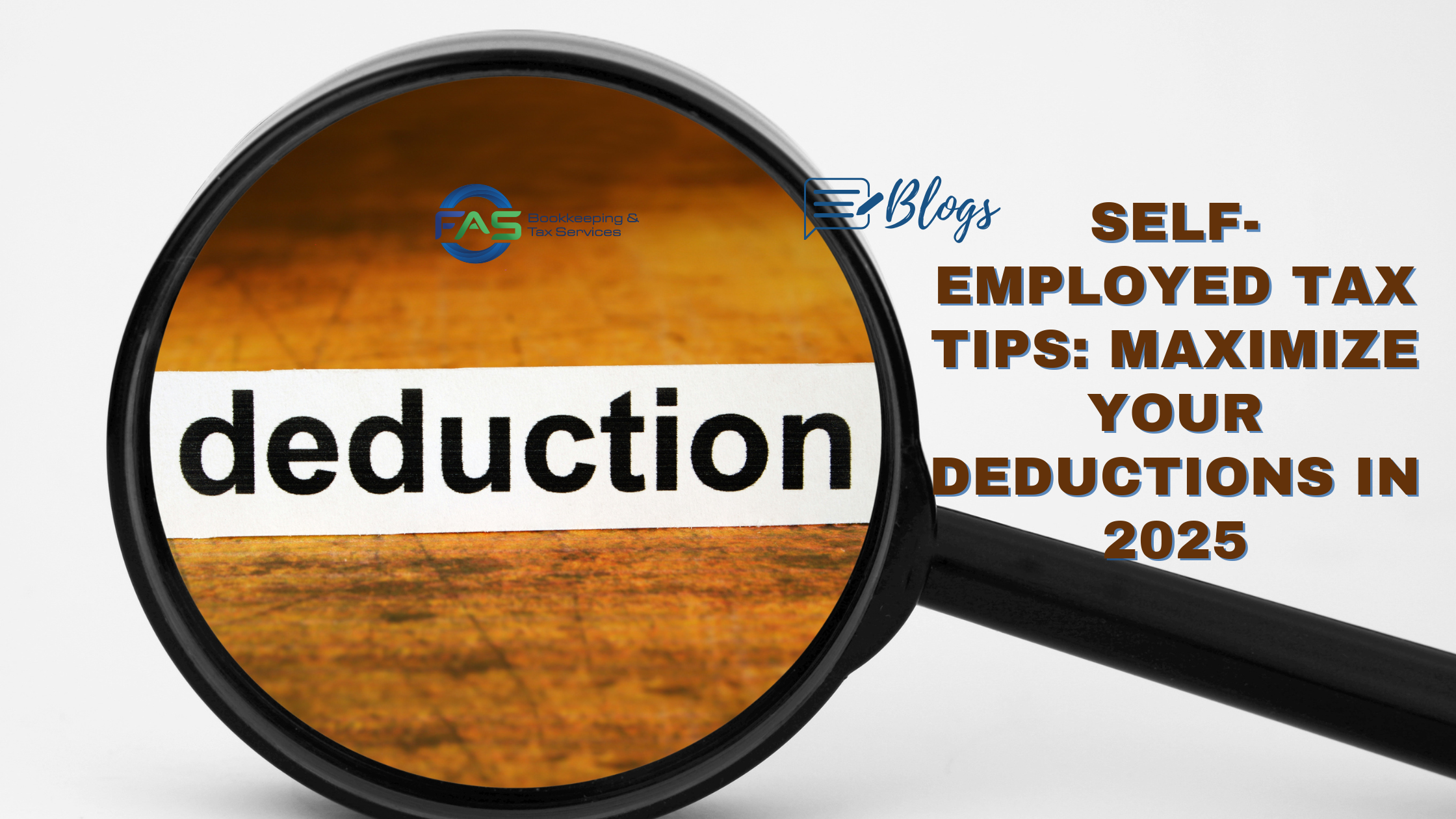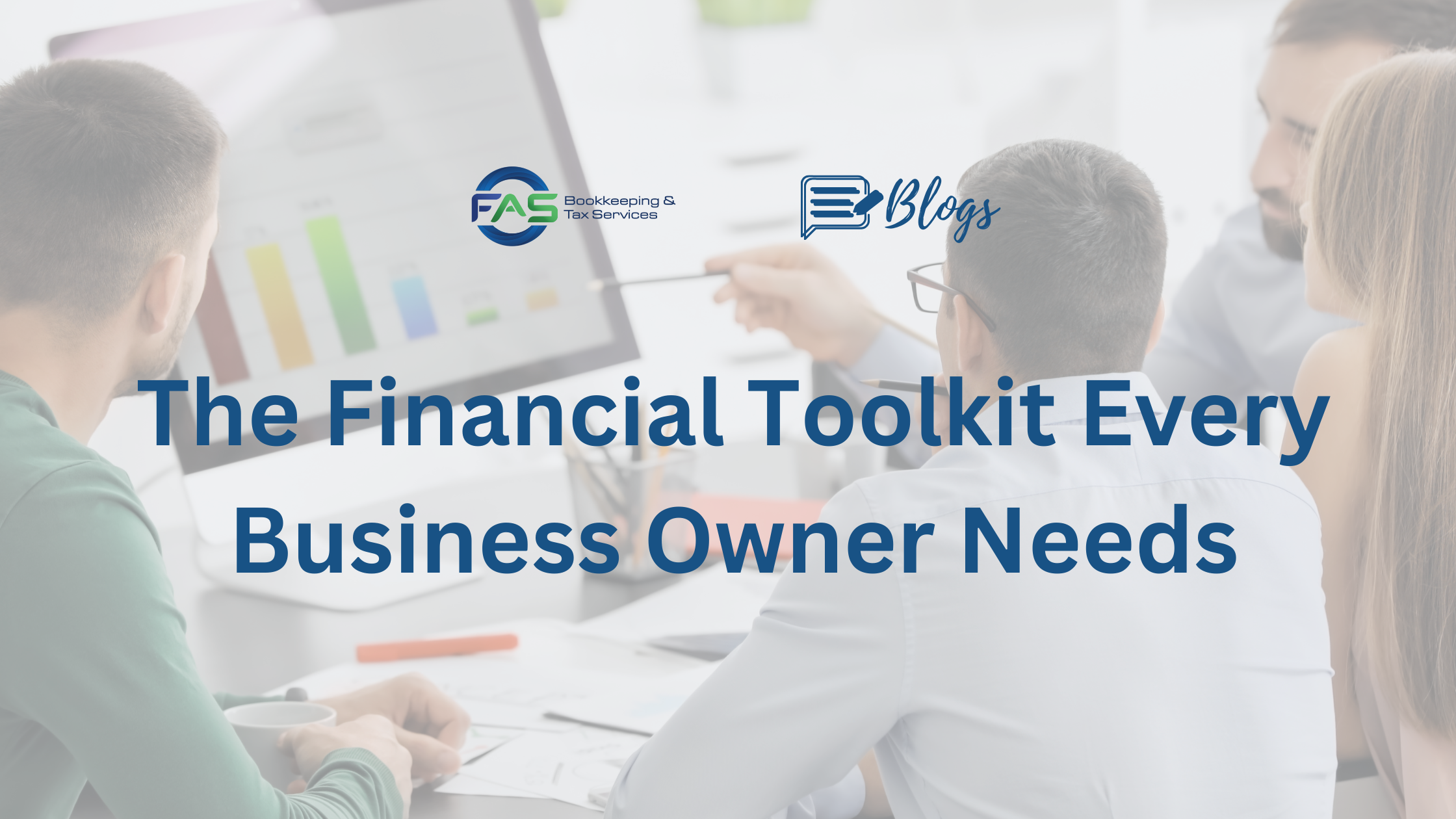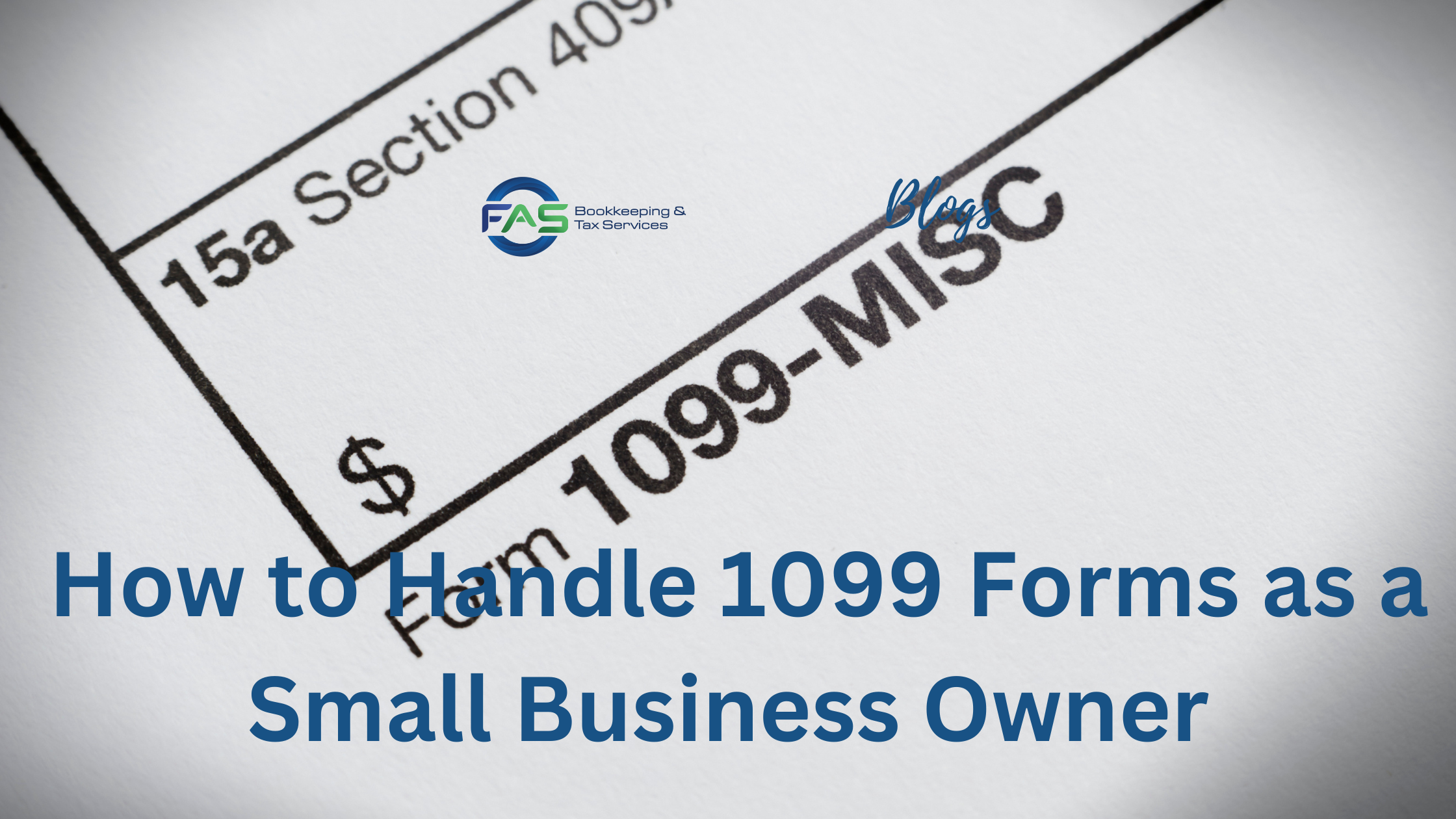Selling a small to medium-sized business is a complex venture, and many business owners are not aware of the tax consequences.
If you’re thinking about selling your business the first step is to consult a competent tax professional. You will need to make sure your financials in order, obtain an accurate business valuation to determine how much your business is worth (and what the listing price might be) and develop a tax planning strategy to minimize capital gains and other taxes to maximize your profits from the sale.
Accurate Financial Statements
The importance of preparing your business financials before listing your business for sale cannot be overstated. Whether you use a business broker or word of mouth, rest assured that potential buyers will scrutinize every aspect of your business. Not being able to quickly produce financial statements, current, and prior years’ balance sheets, profit and loss statements, tax returns, equipment lists, product inventories, and property appraisals and lease agreements may lead to loss of the sale.
Business Valuation
Many business owners have no idea what their business is worth; some may underestimate whereas others overestimate–sometimes significantly. Obtaining a third-party business valuation allows business owners to set a price that is realistic for potential buyers while achieving maximum value.
Tax Consequences of Selling
As a business owner you probably think of your business as a single entity sold as a lump sum. The IRS however, views a business as a collection of assets. Profit from the sale of these assets (i.e., your business) may be subject to short and long-term capital gains tax, depreciation recapture of Section 1245 and Section 1250 real property, and federal and state income taxes.
For IRS purposes each asset sold must be classified as capital assets, depreciable property used in the business, real property used in the business, goodwill, or property held for sale to customers, such as inventory or stock in trade. Assets are considered tangible (real estate, machinery, and inventory) or intangible (goodwill or trade name).
The gain (or loss) on each asset sold is figured separately. For instance, the sale of capital assets results in capital gain or loss whereas the sale of inventory results in ordinary income or loss, with each taxed accordingly.
Depreciable Property. Section 1231 gains and losses are the taxable gains and losses from Section 1231 transactions such as sales or exchanges of real property or depreciable personal property held longer than one year. Their treatment as ordinary or capital depends on whether you have a net gain or a net loss from all your Section 1231 transactions.
When you dispose of depreciable property (Section 1245 property or Section 1250 property) at a gain, you may have to recognize all or part of the gain as ordinary income under the depreciation recapture rules. Any remaining gain is a Section 1231 gain.
Business Structure. Your business structure (i.e., business entity) also affects the way your business is taxed when it is sold. Sole proprietorships, partnerships, and LLCs (Limited Liability Companies) are considered “pass-through” entities and each asset is sold separately. As such there is more flexibility when structuring a sale to benefit both the buyer and seller in terms of tax consequences.
C-corporations and S-corporations have different entity structures, and sale of assets and stock are subject to more complex regulations. For example, when assets of a C-corporation are sold, the seller is taxed twice. The corporation pays tax on any gains realized when the assets are sold, and shareholders pay capital gains tax when the corporation is dissolved. However, when a C-corporation sells stock the seller only pays capital gains tax on the profit from the sale, which is generally at the long-term capital gains tax rate. S-corporations are taxed similarly to partnerships in that there is no double taxation when assets are sold. Income (or loss) flows through shareholders, who report it on their individual tax returns.
Need bookkeeping, individual tax and/or cross-border tax assistance? Contact FAS today! Contact us today at admin@fas-accountingsolutions.com or 13-855-8035.





